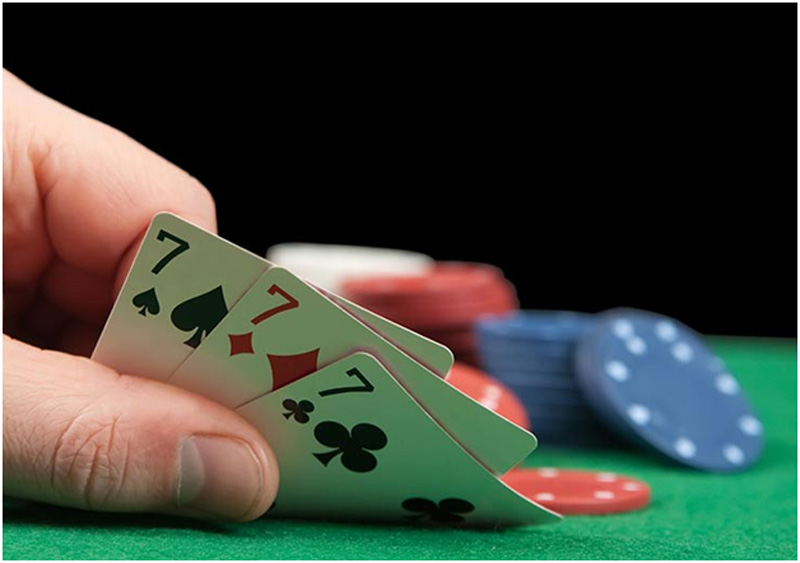What is Emperor Syndrome in children?
Does your son enforce his law at home? Do their tantrums drain your patience? You may suffer from Emperor Syndrome, an increasingly common phenomenon in which children dominate their parents.
Does your son enforce his law at home? Impossible to say no to him without bursting into a fit of rage? Do their crying and tantrums drain your patience? You may be suffering from Emperor Syndrome, an increasingly common phenomenon in which roles are reversed: children dominate parents and, in the most extreme cases, mistreat them.
There is no clinical picture that the expression Emperor Syndrome refers to children who present specific characteristics such as emotional insensitivity, little responsibility for punishment, difficulties in developing feelings of guilt, and lack of attachment to parents and others. Adults.
In general, parents tend to be blamed for this type of behavior in the first place for being too permissive and protective of their children. However, the environment also influences because today’s children live in a consumerist, individualistic society that prioritizes quick and easy success above all else. There may be a genetic predisposition of character that would explain why within the same family and under the same conditions, only one member is affected.
Also, there is no pattern. Sometimes it is the little brother; others, the greatest; others, an only or adopted child, another child of older parents, a single-parent family, etc. Of course, it seems that it occurs more among upper and middle classes and boys than girls, although girls are gaining ground.
When does the emperor syndrome develop?
The family structure has changed a lot; marriage no longer lasts lifetime divorces, and recompositions are the order of the day. Only children are legion. Furthermore, we have children later and later or adopt them. In this breeding ground, it is easy for a child to become a precious asset whose desires must always be satisfied, who cannot suffer or know limits or discipline.
Until the year, all babies are little despots: the others only exist to satisfy their needs. From there, he learns strategies to get his way, a progressive and unstoppable assault on power if he meets no resistance. Like the famous and dreaded tantrums, for example, a manifestation of normal discontent, but that you have to know how to stop.
By the age of four, it is usual for the child to verbalize his anger and, at five, to control himself more or less. This is not the case of tyrant children, who systematically try to impose their will, are aggressive, suffer constant tantrums in public places, and turn the whole family’s day-to-day into an ordeal. Parents end up surrendering with successive resignations to achieve precarious peace. They become masters in the art of avoiding potential conflict and no longer dare to ask their child for anything unless they are sure of their answer. And the spoiled child becomes the king of the house, from there to a tyrant child, and finally, if the aggressiveness persists, they become uncontrolled adolescents and abusers of their parents.










